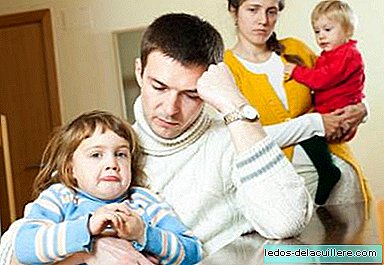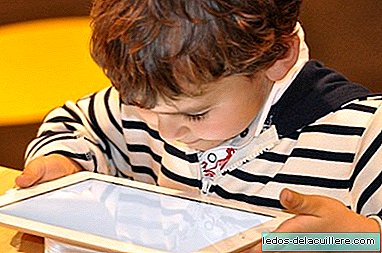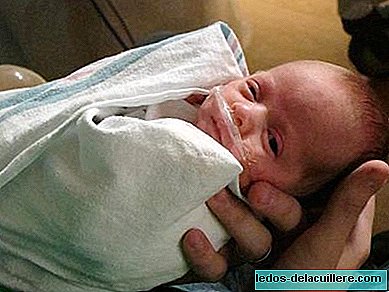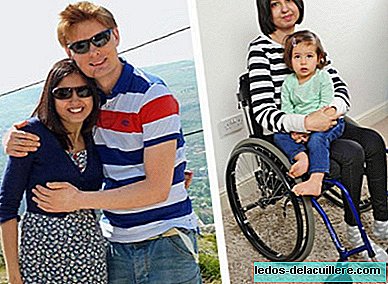
When I was little, it was unusual for a family to separate, or at least I remember that. It even seemed to be a taboo subject in the cases in which it occurred. But times change and today no wonder parents separate and that in each class of our children, in each group of friends, there are cases like this.
Regarding a few decades ago, the vision that society has about a separation (and about a union) may have changed, the laws that allow divorce before have changed, the role of women in the couple and in the workplace has evolved ... But what they don't change are the feelings of children in the face of separation from their parents. And those must be taken care of.
Before and now, the children are coming over the world when they know that their parents no longer love each other and that they will not be together with them as until that moment. They may not understand it too much and that is why it is important not to hide what is happening (which increases their uncertainty), talk to them and above all make something clear: we still love them.
In the last volume of Famiped we find an article that addresses this issue and how to make child adaptation more favorable to parental separation, always focusing on children's interests. Let's look at the factors that will help in these cases:
The best thing is that the children maintain a good relationship (and continued) with the two parents and if not, at least with one of them.
Must avoid open discussions and conflicts between parents in the presence of their children, especially if what is being treated is the issue of child care (economic agreements, visitation regime ...).
As we have advanced, we must encourage open communication about the event that is taking place to help children understand that the separation of their parents does not imply that the continuity of care and affection towards them decreases.
Avoid talking badly about the other parent, conveying their importance (and ensure that other people in the family do not either).
An open communication should also be established between the parents about everything that has to do with the exercise of their paternal function, dealing directly with the necessary dialogue and without using their children as intermediaries.
We must try to minimize family changes, school and everything related to the daily routine. Thus the process of adaptation of children is favored, trying to keep the conditions as similar as possible to the previous situation of separation. If there is more than one child, it is important that the brothers remain united most of the time and not privilege any of them.
We must maintain the role of parents, without abandoning issues that have to be addressed together, such as education. In this sense, overprotection or the establishment of parental styles that are too permissive, that can influence the appearance of demanding, capricious and even violent behaviors, must be avoided. We must also ensure that each of the parents does not exercise this upbringing in a way that is too far from their bases.
Definitely, children facing separation from parents must feel very loved and respected. Parents may no longer love each other, so, in the long run, it is best to be like this and that way everyone can also be happy, looking for a new balance (without denying the bad trance that will gradually be overcome).












